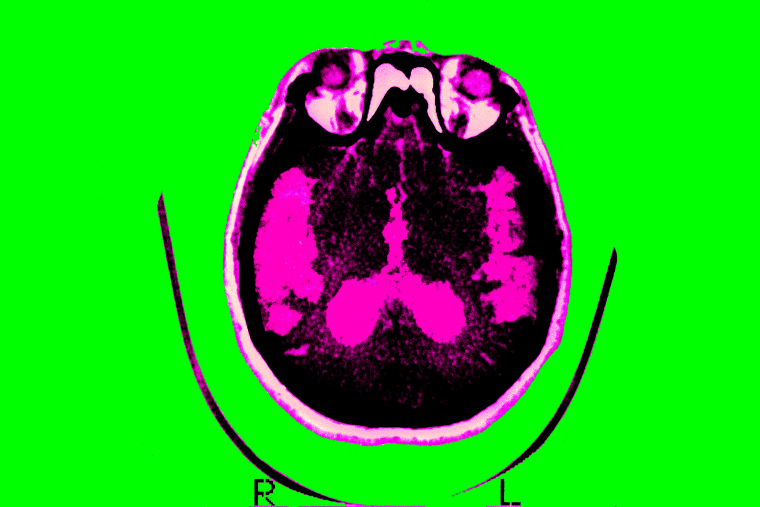The first Alzheimer’s drugs meant to slow the progression of the fatal disease may only be available to a tiny fraction of patients, a study published Wednesday in the journal Neurology suggests.
The drugs, Eisai’s Leqembi and Biogen’s Aduhelm, are approved for older adults with mild cognitive impairment or early-stage Alzheimer’s disease but, according to the study, less than 1 in 10 patients at this point in the disease may be prescribed them.
The estimate is based on how the drugmakers studied the drugs in clinical trials.
Clinical trials often “select the best, most robust patients, with the fewest comorbidities,” said Dr. Alberto Espay, a neurologist at the University of Cincinnati College of Medicine who was not involved with the research. This approach helps reduce the risk of adverse reactions or complications from the medications, which may be exacerbated in people with pre-existing conditions.
The decision to exclude patients with underlying conditions in the trials, however, can sometimes carry over to clinical practice, said Espay, inadvertently cutting off access to the treatments to a significant number of people, much like the trials did.
Dr. Vijay Ramanan, a co-author of the study and a clinical neurologist at the Mayo Clinic in Rochester, Minnesota, said some clinicians may use the trial criteria as a “reasonable guidepost” when deciding which patients make the best candidates for the drugs.
Ramanan said the study results show only a “modest fraction” of the population in the U.S. may qualify, even though settings for clinical trials and the real world are “often very different.”
Using data from the Mayo Clinic Study of Aging cohort study, the authors of the new study looked at 237 older adults who met the Food and Drug Administration’s approval criteria for the drugs: They had mild cognitive impairment or mild dementia, and had brain scans showing a buildup of amyloid plaque. (Both drugs attempt to slow the progression of the disease by targeting amyloid in the brain, considered a hallmark of Alzheimer’s disease.)
However, many of these people also had a history of cancer, heart problems, diabetes or obesity — conditions that excluded patients from participating in the Leqembi and Aduhelm clinical trials.
When the researchers excluded people with these conditions from their cohort, they found that only 19 people, or 8%, would be eligible for Leqembi. Only 12 people, or 5%, would have been given Aduhelm.
Espay said the results “give us an idea” of the proportion of patients in the real world likely to get treatment. But, he added, given that Alzheimer’s is such a devastating disease, it’s unlikely that all physicians will only rely on trial data when deciding whether to prescribe these drugs to their patients.
“This study assumes that strict application of enrollment criteria from trials will be applied in practices everywhere,” Espay said. “This is not the case.”
Dr. Stephen Salloway, a professor of neurology at the Alpert Medical School of Brown University, said the results underscore the importance of careful patient selection in trials to help identify patients most likely to benefit from treatment.
"As with all treatments, providers need to help patients and families weigh risks against potential benefits in deciding whether a new medication is right for them,” said Salloway, who also wrote an editorial in response to the study.
Those risks include side effects from Leqembi and Aduhelm such as headache, confusion, dizziness, vision problems and nausea. They also carry serious risks of brain swelling and brain bleeds, which led the FDA to give Leqembi its strongest safety warning label when the drug was approved, saying the side effects could lead to seizures and death.
Ramanan noted that participants in the study were mostly white. Assessing eligibility in older Black and Hispanic people is crucial, he said, noting that they have been underrepresented in clinical trials, even though they are more likely to have Alzheimer’s or other type of dementia.
Donna Wilcock, the director of the Center for Neurodegenerative Disorders at the Indiana University School of Medicine, said the field is "just at the beginning of disease-modifying therapies" for Alzheimer's.
As researchers learn more about them, more people should meet the criteria for treatment, Wilcock said.
Follow NBC HEALTH on Twitter & Facebook.

